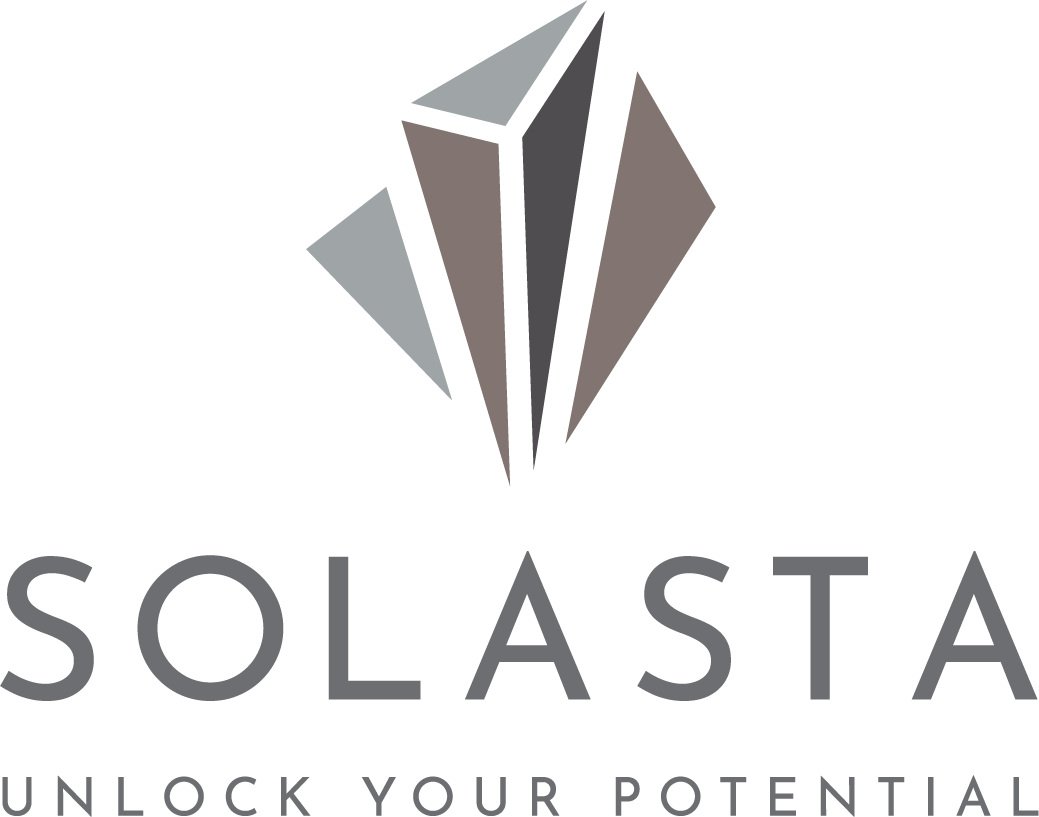HR Career Progression - Are you aiming high enough?
Generally, an HR professional at the top of their career will work at Board level and sit on the leadership team –at least this is true in most good companies who recognise the importance of people to their business.
You are likely to be reporting to the Managing Director, the CEO or the Chairman of the Board. So you need to be comfortable working at this level and able to influence those above you to ensure your advice and guidance is heard and acted upon. This keeps everyone safe and keeps the company out of court.
In HR, we often talk about punching above our weight. So what does this mean in practice for HR career progression?
Punching above your weight: To perform, achieve, or do something at a level that is considered beyond one's abilities, talents, or personal attributes. If a person punches above their weight, they have more influence or power than people would expect them to have.
As HR professionals, we often find ourselves in uncomfortable situations. Are you confident to speak your truth and stand up for those you represent – whether that is the company, managers or employees? To do this, you need to aim high.
So what is needed for HR career progression?
Find a Mentor
There are many experienced professionals in the HR industry who are happy to offer guidance, mentorship and advice on your skills and career. Working with an expert can help you learn new skills and how to apply these to your career. Try to observe what helps them to succeed - how do they manage their time, interact with employees or clients and what skills do they have that help them succeed?
Focus on your continuous professional development (CPD)
Ensure you focus on CPD and embrace new learning opportunities.
Adopting the mindset where you embrace new learning opportunities whenever and wherever they appear can help you develop your HR skills. If your employer offers opportunities for professional development, take advantage of these - you can complete them to save yourself the cost of additional education and help you advance within the company. There are many online resources and ways to share information and many learning opportunities to your skills offline. Consider attending HR seminars, get involved in projects where you collaborate with other people/teams/departments and any other learning opportunities you can find.
Some HR professionals pursue additional education to expand their skill set and learn modern HR practices. Consider pursuing a master's degree if you already have a bachelor's in HR management or a similar discipline. Some employers prefer a master's degree for professionals because of the sensitive and complex nature of human resources management and procedures. A master's degree typically takes around two to three years to complete and may offer you the opportunity to earn a higher salary.
Network and collaborate with others
Collaboration can help you learn new skills and procedures from similar professionals in your industry. Collaborative projects also give you the opportunity to learn skills like communication, teamwork, active listening and empathy, which can benefit you in an HR job. Consider networking opportunities, particularly with other HR professionals or if you're studying, with your fellow students. Focus on your development areas and learn from others how to master and apply them in an HR setting.
Know and use your data
Very often those in more senior posts will want to know the commercial impact or advantages of taking the course of action you are recommending. Ensure you use the data that is available to you – there is a wealth of information that you can draw from HR metrics. So what can you use it for? You can analyse the data sources available to you and be informed by the data – make sure you have evidence to hand in areas such as workforce planning and management, recruitment (time/cost to hire), headcount, absence levels, attrition and retention rates, training.
So what are some of the qualities that you need to develop for HR career progression?
As well as having sound commercial acumen, there are ways we need to “be” to ensure HR career progression, i.e.
organised
understanding
a good listener
empathetic
direct
composed
willing to challenge
creative
tech savvy
financially competent
As well as having the ability to:
communicate well
collaborate
lead by example
solve problems
develop sound commercial acumen
understand and interpret Business strategy into a comprehensive People plan
manage projects
collaborate
If you enjoyed this article, watch out for next month where I’ll talk about career planning.


